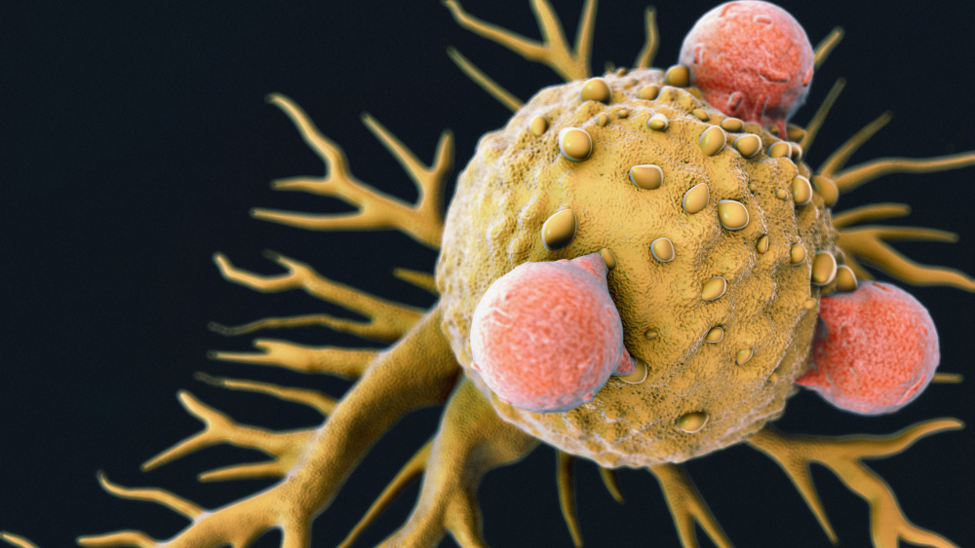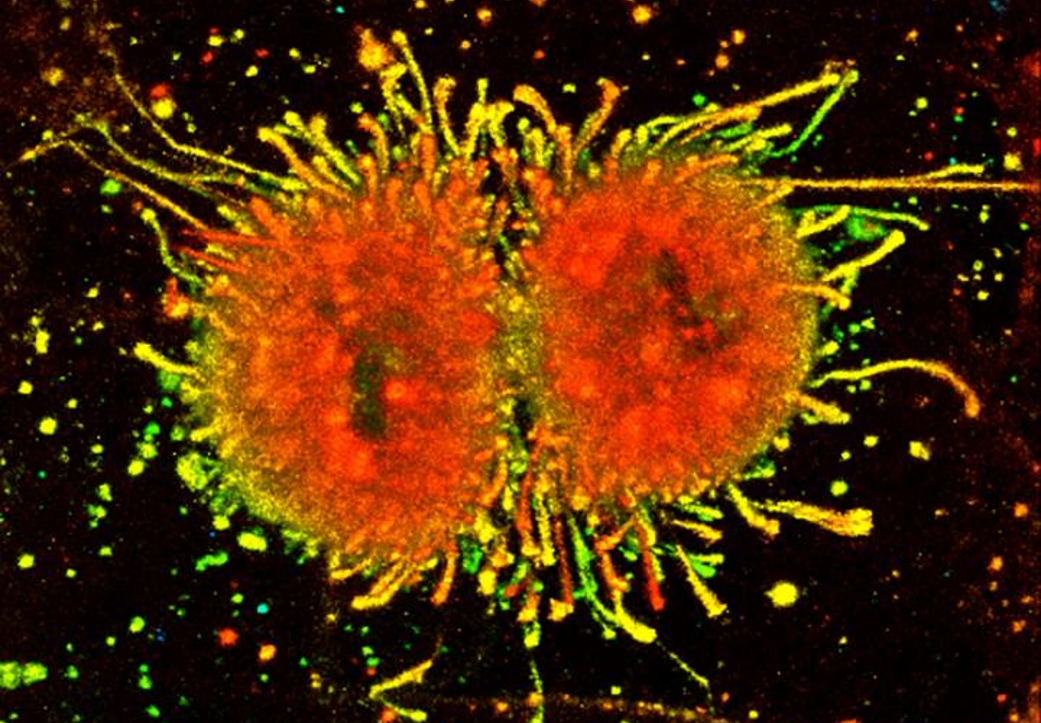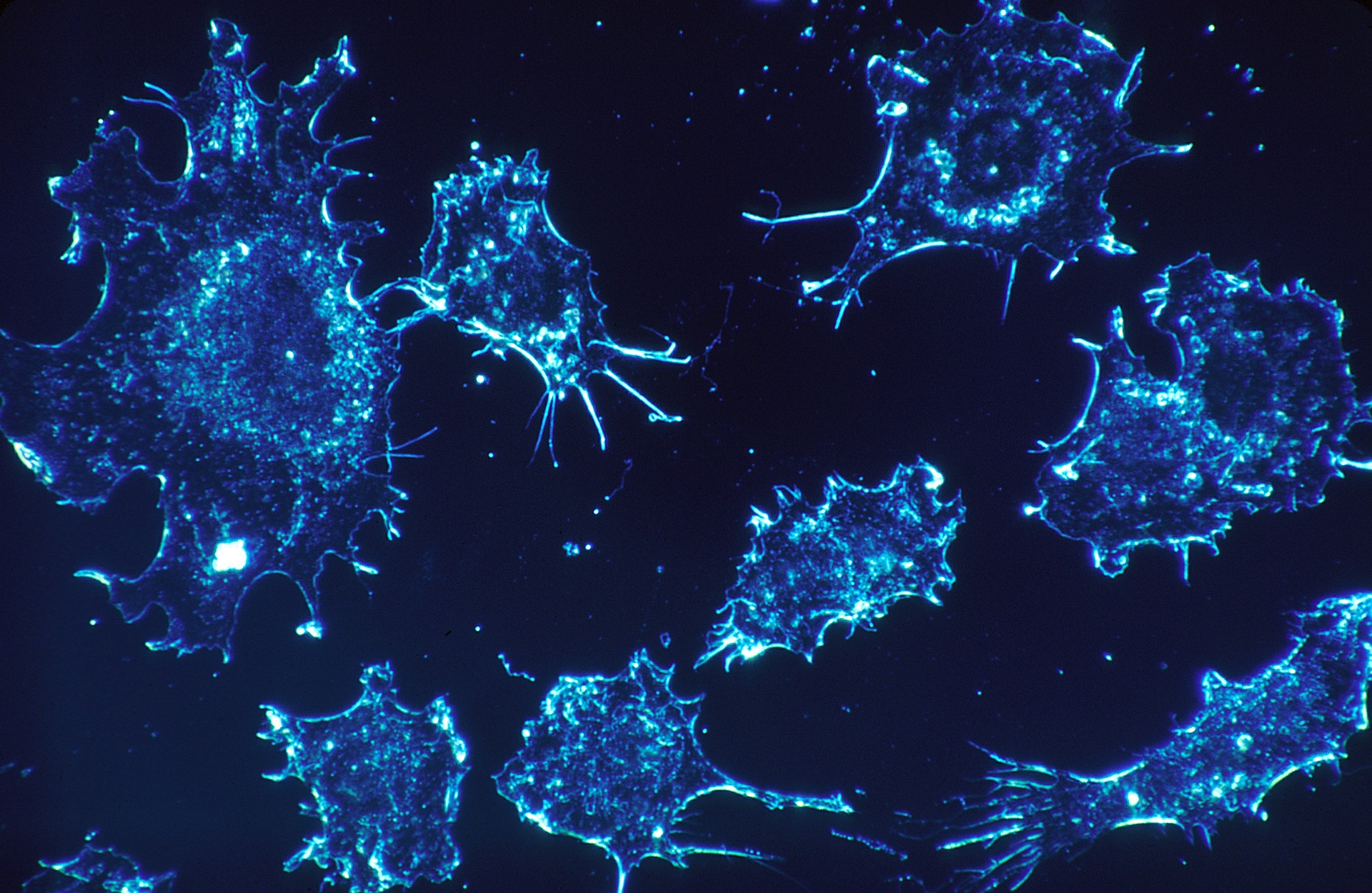Alzheimer’s Research UK announced a new project that makes use of wearable technology to detect early stages of neurodegenerative diseases, such as Alzheimer’s and dementia. The announcement was first made in Switzerland at the World Economic Forum by the Alzheimer’s Research UK president and former UK prime minister, David Cameron, last month.
The initiative is called the Early Detection of Neurodegenerative Diseases (EDoN) and includes contributions from various organizations that specialize in data science, clinical and neurodegenerative research.
Initially, the data will be analysed from continuing studies into the disease using AI technology. The data will then be used to design a prototype device. Finally, the wearable will collect various inputs of data that include heart rate and sleep patterns to map out signs of the early development of the disease.
Carol Routledge, director of research at Alzheimer’s Research UK, said, “Developing digital fingerprints that can be detected using phone apps or wearable technologies like smart watches would provide a low-cost approach to identifying those most at risk of disease.”
The initiative is being funded by Bill Gates and contributes to the ambitions of the UK government to use AI to better understand and prevent chronic diseases.
According to the BBC, Professor Chris Holmes, health programme director at the institute, said, “Artificial intelligence has the potential to transform the learning opportunities from large-scale data studies such as EDoN by integrating information from multiple sources.”
Forty-four million people worldwide are living with Alzheimer’s disease or dementia, according to Alzheimer’s News Today. It is also most commonly found in Western Europe and is the sixth-leading cause of death in the US. This means that more people are dying from Alzheimer’s disease compared to breast cancer and prostate cancer combined.
Related: Google’s AI Detects Breast Cancer
“Identifying the very earliest changes in these diseases would transform research efforts today, giving us the best chance of stopping these diseases before the symptoms of dementia start to get in the way of life,” said Routledge.
The Verdict states that EDoN will also be partnering up with the Alan Turning Institute for data science and will make use of the accelerating Detection of Disease cohort, which is a group of up to 5 million people who act as a testbed for “data-driven discovery.”












Join or login to leave a comment
JOIN LOGIN